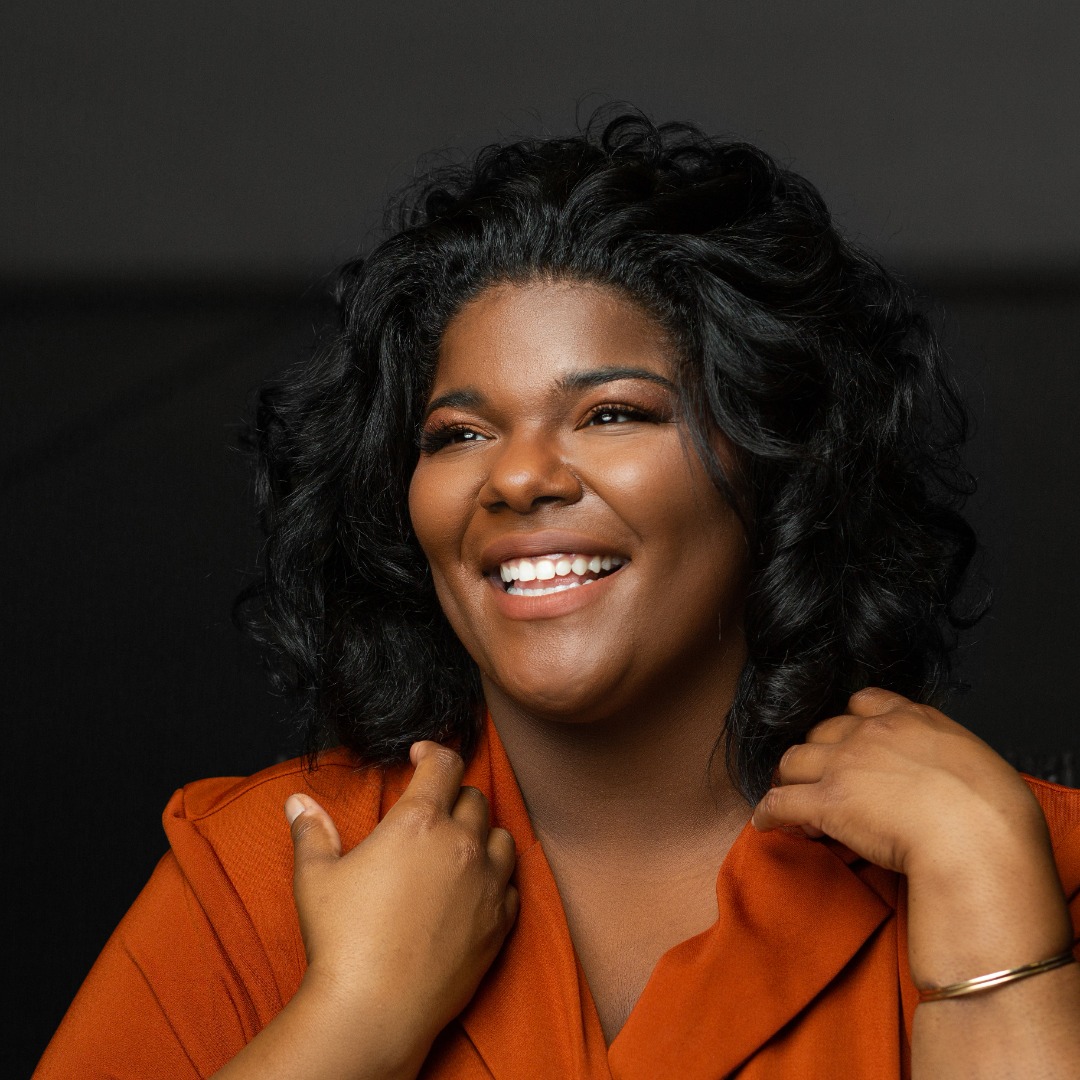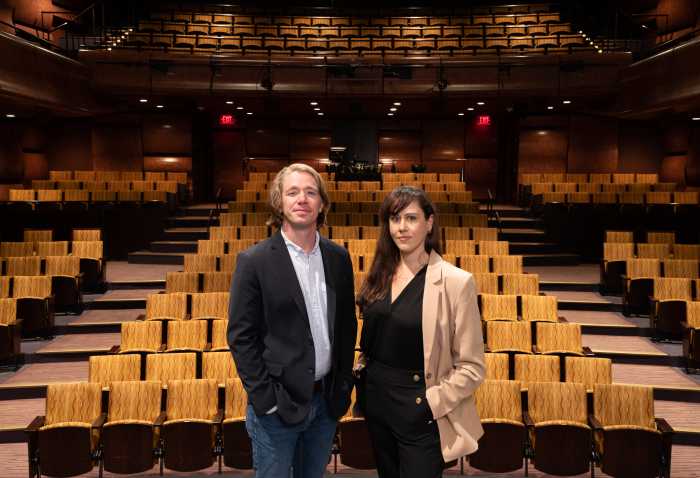America’s most innovative, forward-thinking opera company, Opera Philadelphia, never slept on its reputation during COVID.
Along with keeping itself afloat during 2021’s pandemic run with its Opera Philadelphia Channel (a self-created streaming network filled with new, original and previously recorded works), OP has now prepared a vividly imaginative return to indoor live stages for the first time in two years with a double opera-concert bill, Jan. 21 and 23: Igor Stravinsky’s “Oedipus Rex” (with its libretto by Jean Cocteau) and George Walker’s “Lilacs” (featuring the writings of Walt Whitman) at Verizon Hall.
“It is a longtime coming, as we haven’t been on an indoor stage since Verdi’s ‘Requiem,’” says David Levy, OP’s VP of artistic operations. “Opera is a serious business and having both of these pieces – mediations on loss at a time where we have lost so many – on one bill is daunting.”
Along with being OP’s first performance of Walker’s Pulitzer-winning Lilacs (Walker being a graduate of Philly’s Curtis Institute of Music), this weekend’s double bill offers the first performances of Oedipus Rex since 1982 when mezzo-superstar Jessye Norman made her American debut in the role of Jocaste.
Now, in 2022, mezzo-soprano Rehanna Thelwell (no stranger to this city with her collaborations with Philly modernist composer Missy Mazzoli) will make her OP company debut as Jocaste, alongside tenor William Burden as Oedipus, bass-baritone Mark S. Doss as Creon, and bass Jonathan Lemalu as Tiresias. Soprano Tiffany Townsend is the soloist for Lilacs.
Rehanna Thelwell came to Philadelphia from the Washington National Opera and OP’s youth program, The Listeners, before hitting up the mezzo-soprano’s starring role in Oedipus Rex, “my first Stravinsky,” she says enthusiastically.

To this I can’t help but wonder: being away from the stage for two years, Stravinsky must be a rigorous workout – what with the modernist composer’s inventions in the atonal, the energetically rhythmic and the repetition of minimalist melodic structures.
“There’s no other word for that than ‘yes,’” says Thelwell with a laugh. “The vocals are challenging. The music is challenging. But it’s worth the challenge. It shows the capability of the orchestra, the chorus and the soloists.”
Liz Braden, OP’s chorus master, concurs with Thelwell.
“Stravinsky is not easy, and coming back for the first time with such a large group to something so challenging is exciting and fun,” Braden says. “This week’s rehearsals, in particular, have meant pulling together 48 voices on stage – the most voices I have heard at one time in one place in several years. The idea of having so many voices on stage is weird, actually. This wall of sound coming at you – even its quieter nuances – makes me feel joyful. I can’t wait to bring it to the maestro.”
The maestro that Braden is talking about is none other than conductor and OP Music Director Corrado Rovaris.
Knowing well the history of the Stravisnky/Cocteau oratory and the legend of Jesseye Norman’s execution of said part, Thelwell certainly gets what it means to step into a legend’s footsteps while avoiding its shadow. “Clearly, Norman is an inspiration to many, and it is an honor just to be mentioned in the same sentence as her,” says Thelwell. “It is a heavy thing to know that I am at the mantle.”
Thelwell reminds me that performing a composition in a concert setting such as this, as opposed to a regularly and full staged-and-costume opera, is double the work as well as double the pleasure.
“It is usually easier to get into character with all of the accoutrements such as the costume,” she says. “But a concert is even more high stakes. You have to bring the intelligence and the passion and the vulnerability of that same character to life just by standing there in what is a traditional park-and-bark. That said, you have to make it more than that. You have to bleed out everything that your character feels and wants to say. And you have to immediately bring people, audiences, into that realm. And I am sooooo ready to do that.”
































